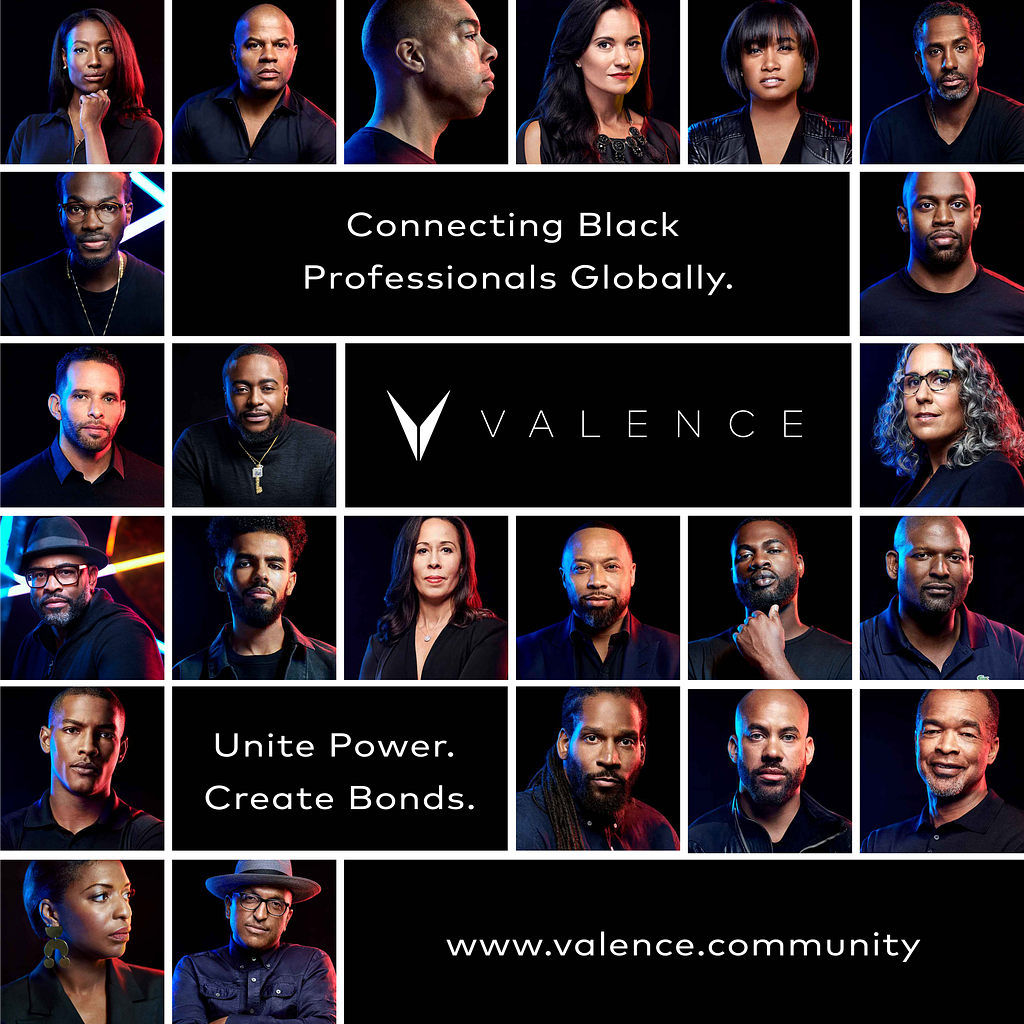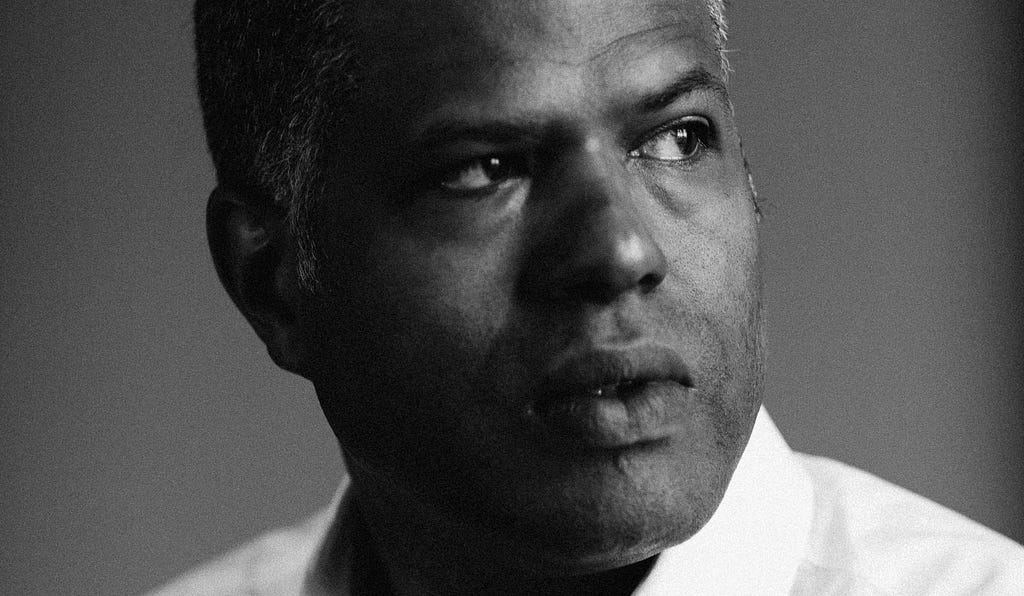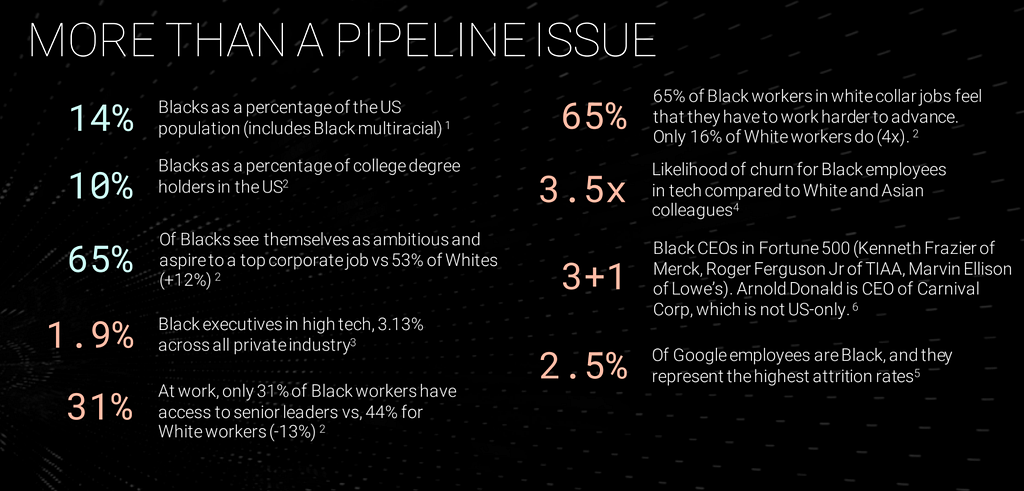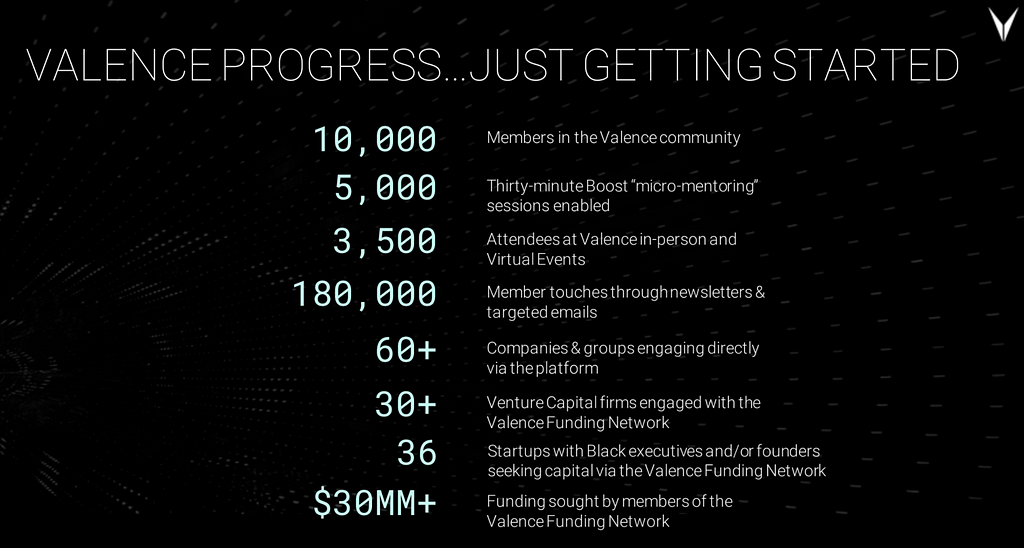Important Post !
If you’re waiting until the December holidays officially start to treat yourself this year, I just have one question for…
The post The Resilient Writer’s Year-End <br>Survival Kit appeared first on Copyblogger.
If you’re waiting until the December holidays officially start to treat yourself this year, I just have one question for…
The post The Resilient Writer’s Year-End <br>Survival Kit appeared first on Copyblogger.
It was painful to get out of bed. The 8-hour hike straight up and down the side of a mountain in Chilean Patagonia had me not wanting to move at…
The post 5 Surprisingly Simple Ways to Stay Productive on the Road appeared first on Natalie Sisson's The Suitcase Entrepreneur.
Anything related to learning is very important Read More »
The year 2020 has served up many reminders of the pressing issues facing society, from failures to address systemic discrimination to the impending climate crisis. Moving forward, realizing a more inclusive and sustainable future requires progress on many fronts. Venture capitalists have an opportunity to embrace ESG, by reframing how they nurture and help build […]
The post Accelerating ESG Adoption in Early Stage Venture Capital appeared first on 500 Insights.
Who else loves making money ? Read More »

“I gotta say it was a good day.”
I’m so fricking pumped today. Really, truly. Yeah, Valence announced > $5 million in funding led by GGV and Upfront. That IS a big deal, but I’ll get to that. But Kamala Harris was picked to be the Vice Presidential candidate for the Democratic Party. That means she’ll be the first female Vice President of the United States, the first female Black Vice President and the first Indian-American Vice President. I don’t take this for granted, be ready for a fight. But let’s be clear. WE WILL WIN. We might have to fight for it after the votes go our way but let’s get ready for the fight.
So let’s get it.

Valence. It is a company with a mission to create better access and more funding for Black entrepreneurs and executives. Valence is led by a talented CEO, Guy Primus and was the brainchild of my partner, Kobie Fuller. If you want to follow two great Black executives who work at the intersection of technology and venture capital make sure to click on those links and follow them on Twitter.
So what exactly is Valence and why does it matter?
18 months ago, my partner Kobie Fuller was inspired to build a solution for a problem he faced regularly: as one of the few Black partners at a VC firm (an estimated 3% of GPs in venture are Black vs 14% of the US population), he was consistently asked for warm intros to Black professionals, to Black VCs, and to talented Black operators and entrepreneurs.
Venture firms wanted to meet talented Black founders but didn’t know where to start to find them. And Black entrepreneurs wanted access to decision makers but didn’t always have the easy connections. In fact, one of the biggest criticisms I personally get when I suggest that founders should “get introductions to VCs” is that this might reinforce existing racial imbalances by providing easier access to White professionals than people of color.
An imbalance clearly exists in access and networks that has resulted in a tech industry where an estimated only 1% of venture dollars go to Black founders and only 3% of the workforce is Black and a country where Black individuals hold a disproportionately low amount of the wealth — only 3%. As Kobie says, he didn’t have a “magical database” of great Black talent, so he set out to build a solution not just for himself, but also for the community.

Personally I believe that to fund more people of color you need to put check-writing authority in their hands the same way that if you want to see more women funded you need more women GPs. My greatest criticism of our industry is that women and people of color feel the need to leave larger VCs to create their own firms. We have a responsibility to help propel them to the top ranks of our biggest firms to make our check writers more representative of our society overall.
There is a very clear economic rational and strategic advantage for doing so. There are amazing Black entrepreneurs, Indian entrepreneurs, Chinese entrepreneurs, female entrepreneurs, gay entrepreneurs and so forth. OBVIOUSLY! If 90% of the check writers are White, straight men then it’s clear if you are different than that you’re going to have an advantage. As I always say, being great as an investor is about having “edge” and edge means knowing somebody or something that very few others know. It’s about swimming in lanes where others aren’t present. Being diverse in the VC industry is a VERY LOW bar and a clear differentiator.
At Upfront we believe in improving access for founders and entrepreneurs to networking, professional development, and economic opportunities, and that’s what Kobie set out to do with Valence, which he incubated in our offices. Huge hats off to Kobie for the idea, energy, direction, evening hours and the foresight and salesmanship required to bring on Guy to take the helm.
By the time Valence launched in late 2019, the team had built the necessary systems and technology to seamlessly engage and onboard the community — not just the users, but also some pilot corporate partners who also believed in the mission and opportunity and who wanted to leverage and support this amazing database of talent. It was also important to Valence to not only connect users, but also to celebrate the successes and spotlight great Black leaders through high-quality content and design.

As soon as Valence launched in November 2019, the business quickly had proven demand from the community, not only from senior business leaders but also from so many young, talented professionals who could benefit from the inter-generational networking that Valence supported so seamlessly. Since launch, the Valence platform has supported more than 5,000 micro-mentoring sessions (AKA Boosts)— allowing the kind of invaluable network support that’s so critical to success and advancement for even the most talented founders and operators.

You can hear more about the importance of mentoring from Kobie Fuller, Valence advisor James Lowry, and John Legend — yes, THE John Legend — in this video from the 2020 Upfront Summit.
So things were going well for Valence in 2020, amazingly even in a pandemic. And then in May the world was galvanized by the tragic murder of George Floyd (and Breonna Taylor. And Ahmaud Arbery. And Rayshard Brooks. And the many Black women and men before them whose lives were taken at the hands of the police.)
In these months, not only did we see widespread civic protests but so many industries, including ours, faced a reckoning that despite even the best intentions, lip service wasn’t enough. We all needed to take action to address the imbalance of access, and to literally put our money where our mouths are. Suddenly a spotlight was put on everything that the Valence team had been building, and there was even more energy around the business.
I always say that you can judge a startup’s future based on how fast they’re able to execute when it counts. Well, I can tell you that within weeks of the civil unrest, Valence had:
Since day one we have anticipated great things for Valence and with this groundswell of support at the civic level as well as the industry level, we hope to see meaningful improvements in access and dollars for Black professionals. Please join me in congratulating Guy, Kobie and the team for what they’ve built so far, and what’s to come.
How Valence Aims to Provide Better Access and Funding for Black Founders & Executives was originally published in Both Sides of the Table on Medium, where people are continuing the conversation by highlighting and responding to this story.
Who else? <3making money ? Read More »
With every startup or business idea, there comes a dream to scale it to the moon. I am a journalist with two small startups under my belt. Being in the startup world for years, I have been on both sides of the spectrum. On one hand, I have mentored many startups due to my association with incubators and accelerators, and on the other hand, I have done extensive research into possible resources, mentors, guides, investors, and backers that I, personally can utilize for my own startups.
When you are a programmer, the reality of your idea is just behind some lines of code; but, if you are a non-technical founder like me, things become difficult. What do you do?
You collaborate with entities like a startup studio.
The recent trend of startup studios is giving non-technical founders access to resources that help them “build” their idea. These resources can be in the form of mentorship, specialized teams, and technical leadership as well.
If you have never heard of a startup studio then here is what you need to know. It is a setup that is built to enable and support other startups. It can also be called a startup factory. The three aspects that define a startup studio are:
– internally generated ideas,
– the singular goal of supporting other startups,
– and a proper infrastructure of idea enabling resources.
The question is, does it help?
Companies such as Dollar Shave Club came out of the Science startup studio in Santa Monica, California, and prove to be a good case study for what’s possible.
As a non-technical founder, collaborating with a startup studio can provide you with the following benefits:
Startup studios are more invested in your business than a web design agency. This is because startup studios build you from the ground up, they help you launch the idea and watch it grow. Hence, they are motivated to provide guidance, support, and resources for a longer period of time.
Startup studios also act as your co-founder and CTO to “build” your product and later also work on the growth of your startup and devise strategies for the future. The key interest of any startup studio is the success and growth of their startups, its valuations, and its future.
In the startup world, if you are stepping in with just a passionate idea without proper resources, guidance, or backup. There is little chance that your startup will succeed.
However, with a startup studio, you can raise your success rate significantly. It is because they provide an almost foolproof blueprint on how to launch and develop your idea. With the help of a startup studio, you can build a prototype you can use to move forward with your idea, validate it, do risk analysis, or calculate possible lacks and failures.
When you come up with an idea, initially that is all it is. No matter how great, how innovative, or problem solving an idea is, it is just… an idea. Until you roll up your sleeves and work on it. Once you get started on bringing your idea to a reality that’s when the first pool of obstacles, failures, and problems arrive. This is the first test of your endurance and the validity of your idea.
With a startup studio, you can do just that. You can take your idea, create a prototype, launch it, and validate if it can withhold in the real world.
Startup studios go through several businesses, ideas, potential startups on an everyday basis. Their exposure, to new ideas, technologies, and possibilities, is immense. The individuals in the studio are also tech-savvy and innovative which leads to even more solutions and ideas.
It is a high possibility that when growing your startup you will reach a dead-end, a failure, a u-turn, or crossroads. When faced with such situations, you can bounce ideas, discuss, evaluate, and analyze each opportunity or solution with the startup studio. The diverse set of mindsets will allow you to make a suitable pivot for the future of your company.
With a startup studio, you have easy access to tech-savvy, diverse minded, experienced, professionals. A startup studio has a team of designers, developers, marketers, and administrative staff for the early-stage startups they are associated with.
Having access to a pool of resources, startups can get all the help they need in launching their idea without hiring and thus, saving the expense of salaries during its prototype phase.
While a studio startup can be highly impactful for non-technical founders, it can be highly beneficial and enabling for technical founders as well. To run a business you need a whole team of experts and enablers, a startup can not be a one-man show. To thrive, every startup requires collaboration, loyalty, sharing of ideas, resources, and a team to lean on. So whether you are a non-techincal or a technical founder joining a venture-capital-backed studio will absolutely enable growth opportunities.
“No more romanticizing about how cool it is to be an entrepreneur. It’s a struggle to save your company’s life – and your own skin – every day of the week.”
— Spencer Fry, co-founder of CarbonMade
The post How Collaborating With a Startup Studio Can Save Non-Technical Founders appeared first on Startup Digest Blog.
Awesome post I <3learning Read More »
It was painful to get out of bed. The 8-hour hike straight up and down the side of a mountain in Chilean Patagonia had me not wanting to move at…
The post 5 Surprisingly Simple Ways to Stay Productive on the Road appeared first on Natalie Sisson's The Suitcase Entrepreneur.
Great I really love learning Read More »